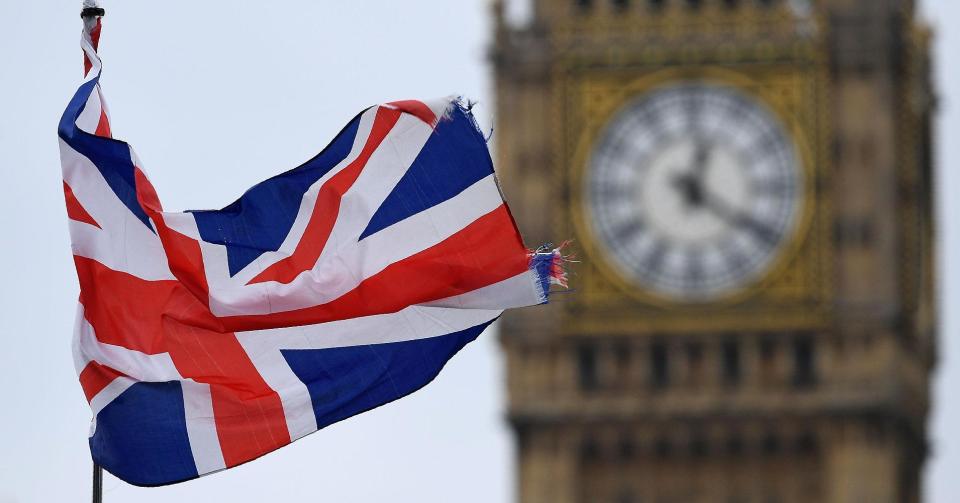Leading economists say £135bn hard Brexit boost claim 'defies gravity'

Claims that the UK would be £135bn better off following a hard Brexit have been dismissed as ‘defying economic gravity’.
A leading quartet of economists have taken issue with a report by pro-Brexit counterparts that paints a rosy picture for Britain should the country leave the EU without any trade deals in place.
The four professors at the London School of Economics say the vision outlined by their peers, led by Prof Patrick Minford at Cardiff University, simply does not add up.
Describing it as a ‘Britain alone’ policy, they write: “This would be a pretty hard sell to UK citizens.
“Minford admits his model predicts that the policy would cause the ‘elimination’ of UK manufacturing and a large increase in wage inequality.
“But although he is relaxed about these outcomes, we suspect that voters in Port Talbot [site of a major steel plant] and elsewhere in Britain wouldn’t be so impressed.”
MORE: One-in-four Brexit voters believe they were misled by the Leave campaign

They go on: “Persuading other countries to reduce their trade barriers is easier if you can also say you’re going to reduce your own as part of the deal.
“If we’re committed to go naked into the world economy, other countries are unlikely to follow suit voluntarily.”
Prof Minford, lead author of a report from Economists for Free Trade, argues eliminating tariffs, either within free trade deals or unilaterally, would deliver huge gains.
He says that the UK could eliminate trade barriers for both the EU and the rest of the world and reap trade gains worth £80bn a year – before any reciprocal deals are in place.
His report predicts a further £40bn a year boost from deregulating the economy, as well as other benefits resulting from Brexit-related policies.
MORE: Shellfish farmers blast plans for post-Brexit open border in Ireland as ‘deluded’
The LSE quartet – professors Thomas Sampson, Swati Dhingra, Gianmarco Ottaviano and John Van Reenen – do concede that there is, potentially, a very minor boost to going it alone.
Their own models suggest that should the UK leave the bloc and trade under WTO rules, maintaining import tariffs, income per person falls by 2.6%. Under the ‘Britain alone’ scenario of unilateral liberalisation after Brexit, UK real incomes still fall by 2.3%.
They say that trade flows between nations increase as the economic size and average wealth of each country’s grows, and decrease with rising costs of trade between them caused by import tariffs, transport costs and other trade barriers.
“This is an empirical regularity called the ‘gravity’ relationship and it is the statistical bedrock of modern trade models,” they say.
Unfortunately, Prof Minford’s model supposes “there is just one fictional world market into which all goods can be effortlessly sold”. His idea, they argue, defies this ‘gravity’.
They add: “If this sounds crazy, that’s because it is crazy.”
MORE: Brexit: Slovenian PM Deals Crushing Blow To UK Government’s Strategy
Meanwhile, Prof Alan Winters of the UK Trade Policy Observatory at Sussex University, also questions Minford’s claims.
Talking on BBC Radio 4’s Today show, he said: “He also ignores the fact that we get a great deal of benefit from being part of the single European market.
“It’s very close and the markets gives us the same standards as the rest of this huge market so we can trade very easily, so that’s good for exports. But it’s also good for imports its means we also have competitive markets here at home.”
And Monique Ebell from the National Institute of Social and Economic Research says Prof Minford “ignores decades of evidence on how trade actually works”.

 Yahoo Finance
Yahoo Finance 
